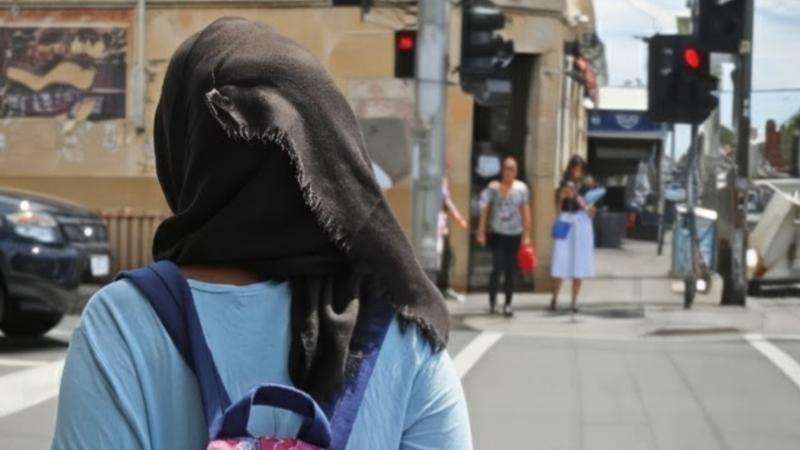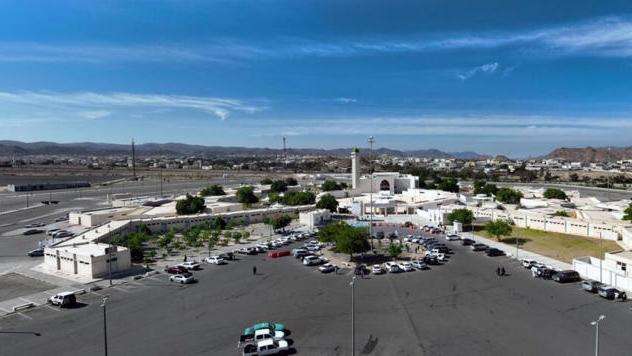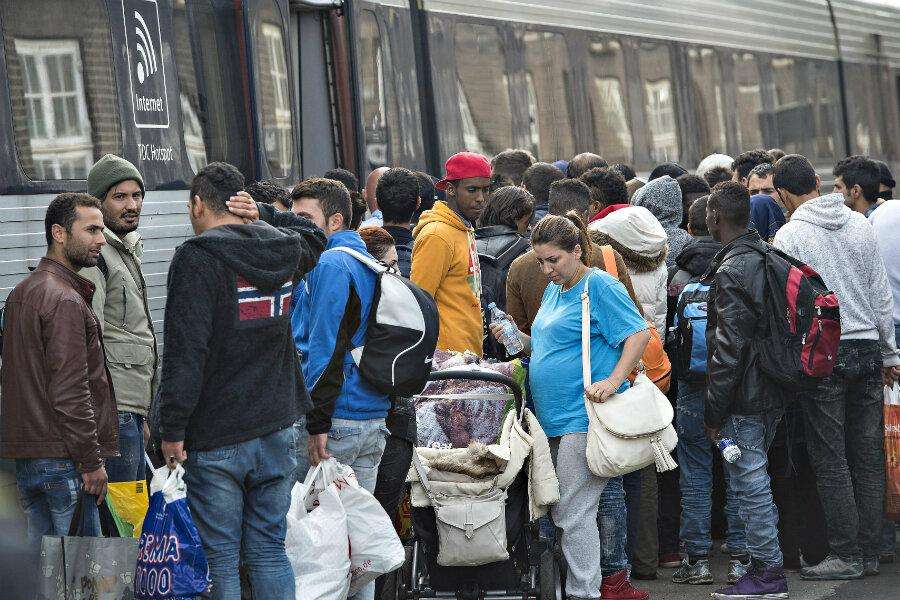In a major change, Sweden is expected to see a net outflow of population in 2024—a development not observed in more than 50 years.
It is anticipated that departures would exceed arrivals, a development brought about by the government's stringent immigration regulations.
According to the most recent projection from the Swedish Migration Agency, there will be the fewest asylum seekers in Sweden since 1997.
According to preliminary figures, emigration increased by 60% between January and May of 2024, while immigration decreased by 15% in the first part of the year.
Asylum Applications Hit Record Lows in Sweden
During the same period, there were 5,700 more emigrants than immigrants. Sweden has welcomed a significant influx of migrants since the 1990s, mainly from conflict zones in the former Yugoslavia, the Middle East, and Africa.
The number of asylum applications is at a historically low level, asylum-related residence permits continue to decline, and Sweden has net emigration for the first time in 50 years.
-Swedish Migration Minister Maria Malmer Stenergard
The Swedish Minister of Migration highlighted that enhancing integration and reducing exclusion require a move towards "sustainable immigration." She maintained that in order for Sweden to successfully handle these problems, this strategy is essential.
Sweden has previously experienced a significant decline in the number of asylum applications. Asylum petitions totalled 28,939 in 2016, a sharp decline from the 162,877 applications submitted in 2015.
People from Syria, Somalia, and Iraq have been especially noticeable in the trend of rising emigration. Net immigration from these areas has gone negative for the first time in decades.
New Swedish Migration Rules Tighten Family Reunification
In July of this year, the Swedish government introduced stricter migration policies, including tighter regulations for family reunification.
During the same month, the government stated that a special investigator would review Swedish rules on granting residence permits based on family ties. This new measure is intended to create a more restrictive and efficient framework for family immigration.
During the first half of 2024, Sweden issued 47,711 residence permits, according to the Migration Agency. This represents a five per cent increase from the 45,138 permits granted in the same period of 2023.
In the first six months of 2024, most permits were issued for employment, family reunification, studies, and asylum, with employment being the leading category. In addition, a total of 14,615 work permits were granted to foreigners.




_7.jpg)



.svg)

